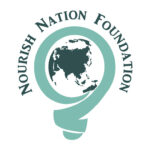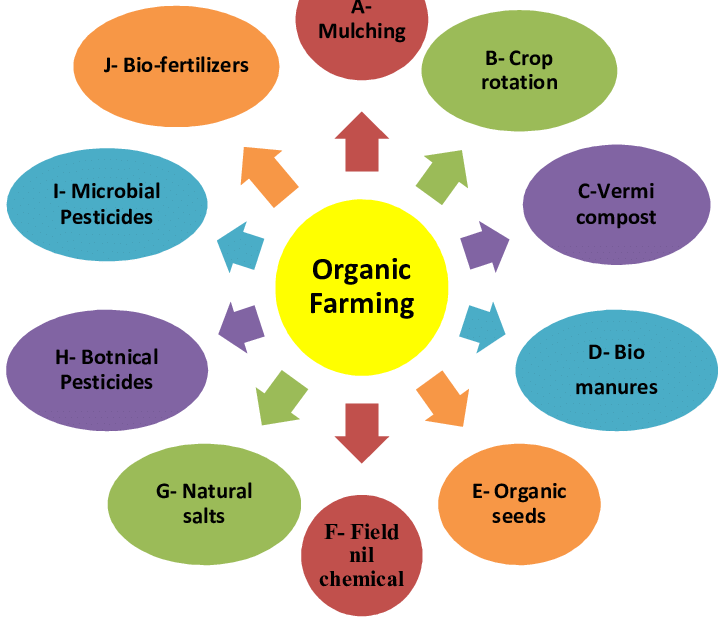Organic farming is more than a passing trend—it is a sustainable and environmentally friendly approach that prioritizes the health of both people and the planet. By avoiding synthetic pesticides, fertilizers, and GMOs, organic farming enriches soil health, promotes biodiversity, and ensures food that is free from harmful chemicals. It offers a safer, nutrient-rich alternative for consumers seeking healthier options.
Beyond improving human health, organic farming plays a critical role in addressing environmental challenges. It helps combat climate change by enhancing soil carbon storage, reducing greenhouse gas emissions, and protecting natural resources. This method fosters ecological balance, preserves biodiversity, and reduces water and soil pollution, making it a sustainable solution for the future.
Organic farming also supports rural livelihoods and small-scale farmers by promoting fair trade, ensuring better incomes, and creating sustainable economic opportunities. By supporting organic practices, consumers contribute to an ethical food system that values sustainability and equity over short-term gains.
At its heart, organic farming is about building a harmonious relationship with nature. It is a commitment to preserving the environment, improving human well-being, and creating a resilient future for generations to come. By choosing organic, we can take meaningful steps toward a healthier and more sustainable tomorrow.
Together, we can embrace organic farming not just as a method of agriculture, but as a way of life that promotes the health of our planet and all who inhabit it. Now is the time to act and invest in a healthier future.
by Yakindra Timilsena

